Privacy: An Illusion or A Right
The life of a being is said to be human when there is a certain order in it, in the modern era this statement seems to truer than ever. one of the obvious tools of maintaining order in any society is through Laws, laws that not only govern our actions but also provide a safe sphere of rights whithin which one can live one’s life without any fear. one of these said rights is the Right to Privacy, the cocept of Privacy is growing more vauge day by day. In a loose sense what a man does in his life and that which has no impact on others in society can be considered part of his private life to which no one should have access to, morally speaking. But in an ideal state where society is governed by the law and the order has to be maintained it becomes necessary for the governing authorities to know what its subject/citizens are upto this is but one example of conflicts the right to privacy is facing today.
Right to Privacy:
Legally speaking the right to privacy refers to the right of a person to be free from intrusion into or publicity concerning matters of a personal nature. However it is not a definte definition. A definite legal definition of ‘privacy’ is not available. Some legal experts tend to define privacy as a human right enjoyed by every human being by virtue of his or her existence. It depends on no instrument or charter. Privacy can also extend to other aspects, including bodily integrity, personal autonomy, informational self-determination, protection from state surveillance, dignity, confidentiality, compelled speech and freedom to dissent or move or think.

International Recognition:
The right to Privacy has been recognised Internationally, under Article 12 of UDHR (Universal Declaration of Human Rights) and Article 17 of ICCPR (International Covenant of Civil and Political Rights) along with Article 8 of ECHR (European Convention on Human Rights). But the road to its recognition was not easy many prominent jurists and activists fought to get it the recognition.
“Each individual is continually engaged in a personal adjustment process in which he balances the desire for privacy with the desire for disclosure and communication of himself to others, in light of the environmental conditions and social norms set by the society in which he lives.” -Alan Westin, Privacy and Freedom, 1968
Privacy to individuals is the ability to behave, think, speak, and express ideas without the monitoring or surveillance of someone else.
Right to privacy has a wide ambit but to sum it up it can be said that it includes:
- The right of persons to be free from unwarranted publicity
- Unwarranted appropriation of one’s personality
- Publicizing one’s private affairs without a legitimate public concern
- Wrongful intrusion into one’s private activities.

Challenges:
In a Paper presented by Dr. Keith Goldstein, Dr. Ohad Shem Tov, and Mr. Dan Prazeres it was said that, “Living in modern society, we are profiled. We accept the necessity to hand over intimate details about ourselves to proper authorities and presume they will keep this information secure- only to be used under the most egregious cases with legal justifications. Parents provide governments with information about their children to obtain necessary services, such as health care. We reciprocate the forfeiture of our intimate details by accepting the fine print on every form we sign- or button we press. In doing so, we enable second-hand trading of our personal information, exponentially increasing the likelihood that our data will be utilized for illegitimate purposes.
In a digital age, the concept of privacy itself hasn’t changed. We, as individuals, still want to retain control over who has access to our personal information. In fact, as our online presence has become ubiquitous, and we’ve all settled into our digital lives, this need to retain privacy and ownership of our data has increased.
A Pew Research Center report into North American attitudes towards online privacy, found that 91% of adults felt they had lost control over their personal data, with 86% of them attempting to mask their online transactions.
A further report by Pew Research into privacy of data vs. perceived value of releasing the data shows a very mature and informed view of online privacy is developing. For example, 52% of participants were happy for their health data to be uploaded to their doctor’s website for management purposes; whereas only 27% were comfortable sharing data output from a smart meter in their homes.
Well, it seems that privacy has a price and if you get something back for sharing your data you don’t mind sharing it as much.
Which brings to our original dilemma as to do we have the right to privacy or its just an illusion. As discussed earlier we are living in a Digital Era which means that most of our information exchange and communication takes part digitally and a minute mistake can result in the leakage of our privileged data which could end up in the hands of people who might misappropriate it for their own wrongful gain. The debate as to how to secure the data that we provide in exchange of services has been going on for more than decade now and we are still nowhere near any definite solution. Countries all over the world are trying to develop a mechanism that could deal with this issue.


